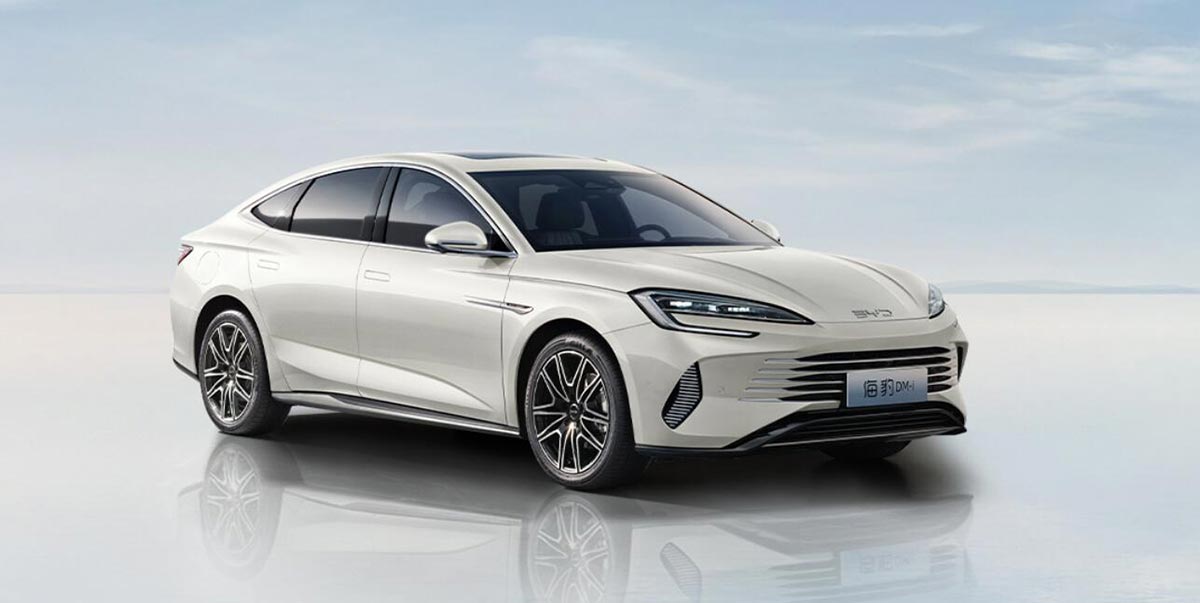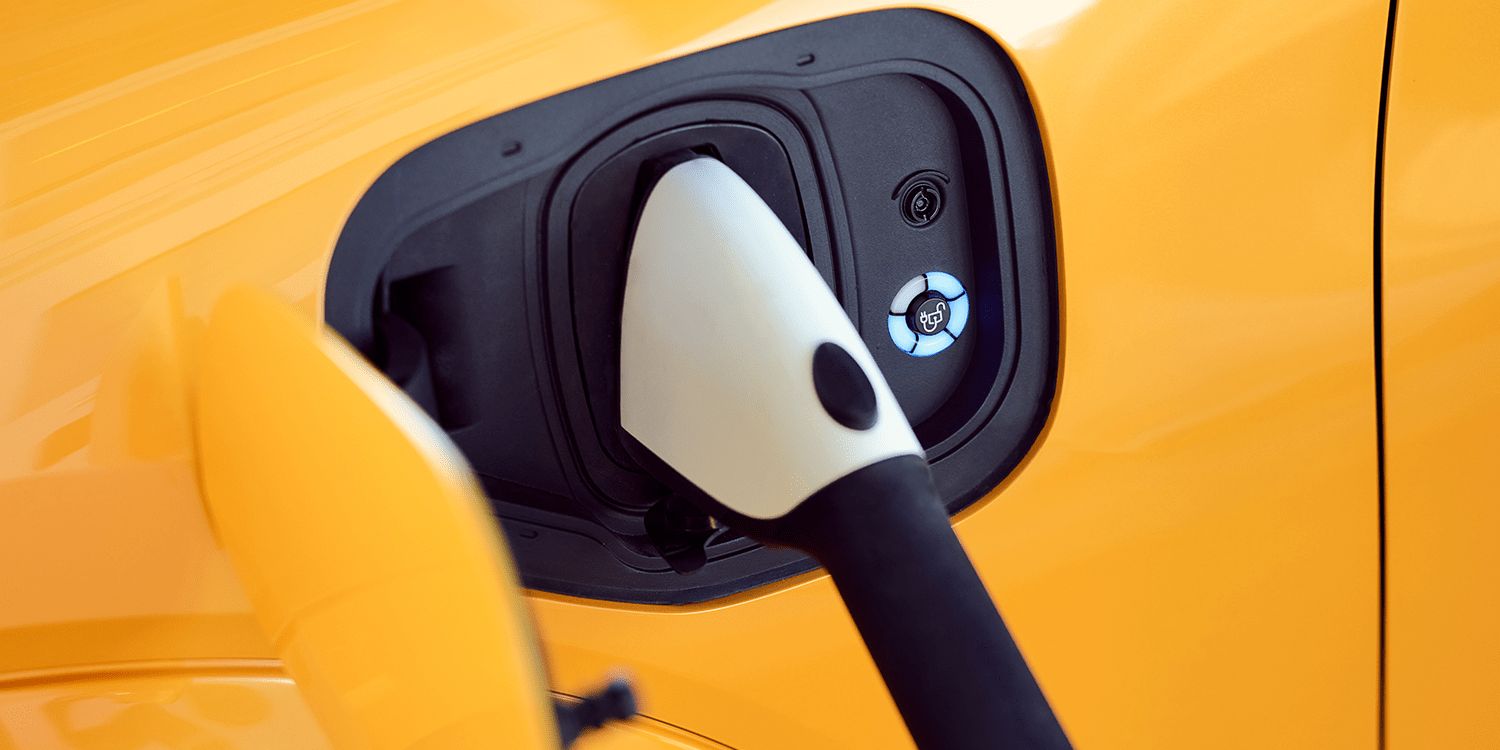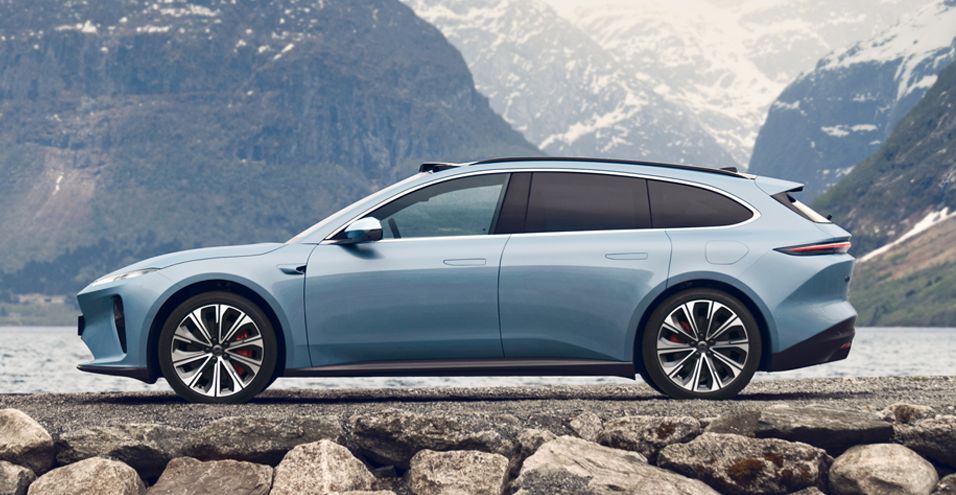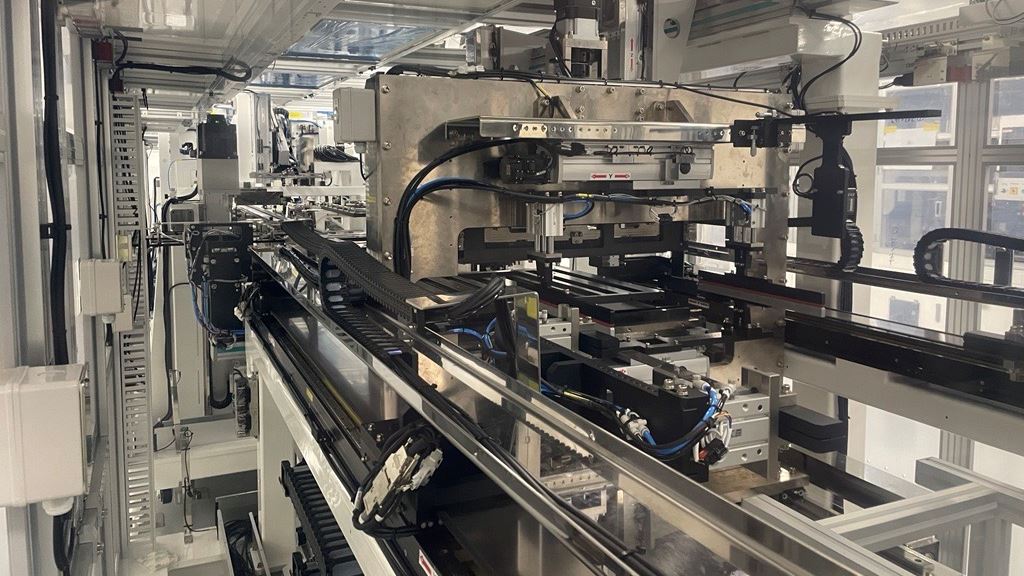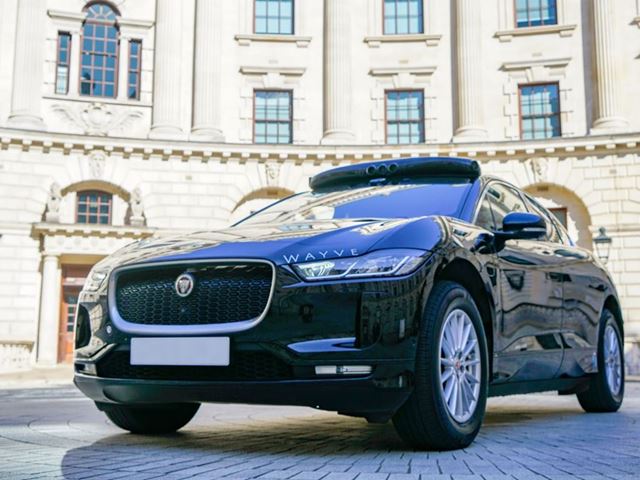The European Union (EU) has initiated an anti-subsidy investigation into electric vehicles (EVs) from China, asserting that artificially low prices are driven by substantial state subsidies. Analysts from various Chinese teams have weighed in on the matter, predicting a relatively modest impact on the Chinese auto industry.
Sinolink Securities’ automotive team suggests that while the EU’s move was anticipated, its actual ramifications may be limited. They maintain that Chinese car companies’ prospects to penetrate international markets remain intact. The investigation follows calls from the French government and the French auto industry for tariffs on Chinese cars, with rumors circulating since July that the EU might launch anti-dumping and anti-subsidy investigations.
Contrary to the EU’s cited reason for the investigation—cheap Chinese EV prices in Europe—Sinolink Securities contends that Chinese cars exported to Europe generally cost nearly double their domestic prices. For instance, the BYD Seal, which starts at RMB 189,800 yuan in China, sells for 44,990 euros (approximately RMB 350,000 yuan) in Europe. These price differentials raise questions about the EU’s investigation rationale.
See also: EU Launches Investigation into Chinese Electric Vehicle Subsidies Amid Market Concerns
Moreover, Chinese auto exports to Europe are currently limited, contributing just 4.8 percent of China’s total car exports during the January-July period, amounting to 89,000 units. Chinese automakers can also mitigate risks by establishing factories in Europe, a strategy already pursued by companies like BYD and SAIC.
Outside of European and US markets, Chinese auto exports continue to hold potential, with companies like Chery and BYD finding success in regions such as Russia, Turkey, Mexico, Thailand, and Brazil.
According to Zhongtai Securities’ power and new energy team, Chinese EVs are currently sold at higher prices in Europe compared to China, and state subsidies for EV purchases have been phased out in China, while Europe still offers subsidies ranging from €3,000 to €6,000.
Despite the investigation, the likelihood of the EU imposing punitive tariffs is considered low by the team. They believe that even if such measures were introduced, the impact on Chinese car companies’ sales and performance would be minimal, given Europe’s limited contribution to China’s auto exports.
The motives behind the EU’s investigation are debated among analysts. Huachuang Securities’ automotive team speculates that the primary goal may not be to penalize Chinese EV manufacturers but rather to bolster leverage in protecting European carmakers and fostering trade protection.
See also: China Urges EU to Engage in Dialogue Over Electric Vehicle Investigation
In the worst-case scenario, where Chinese car makers aim to enter the European market extensively, building local factories could address most challenges, according to the team.
CITIC Securities’ automotive team emphasizes that Chinese EVs in Europe do not rely on low prices as a selling point. Instead, competitiveness stems from technology development, quality control, and user experience.
The EU’s future policies regarding Chinese EVs and their timing remain uncertain, and analysts maintain optimism about the competitiveness of Chinese EVs in overseas markets.

